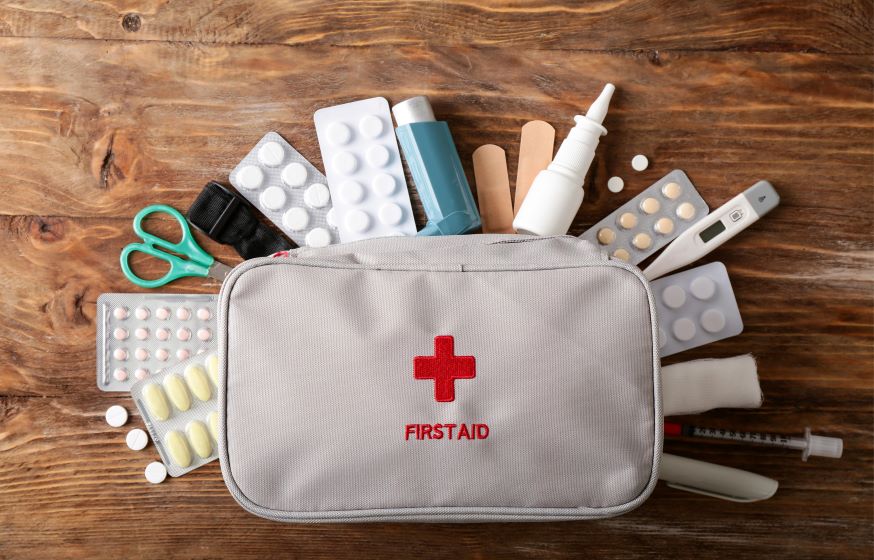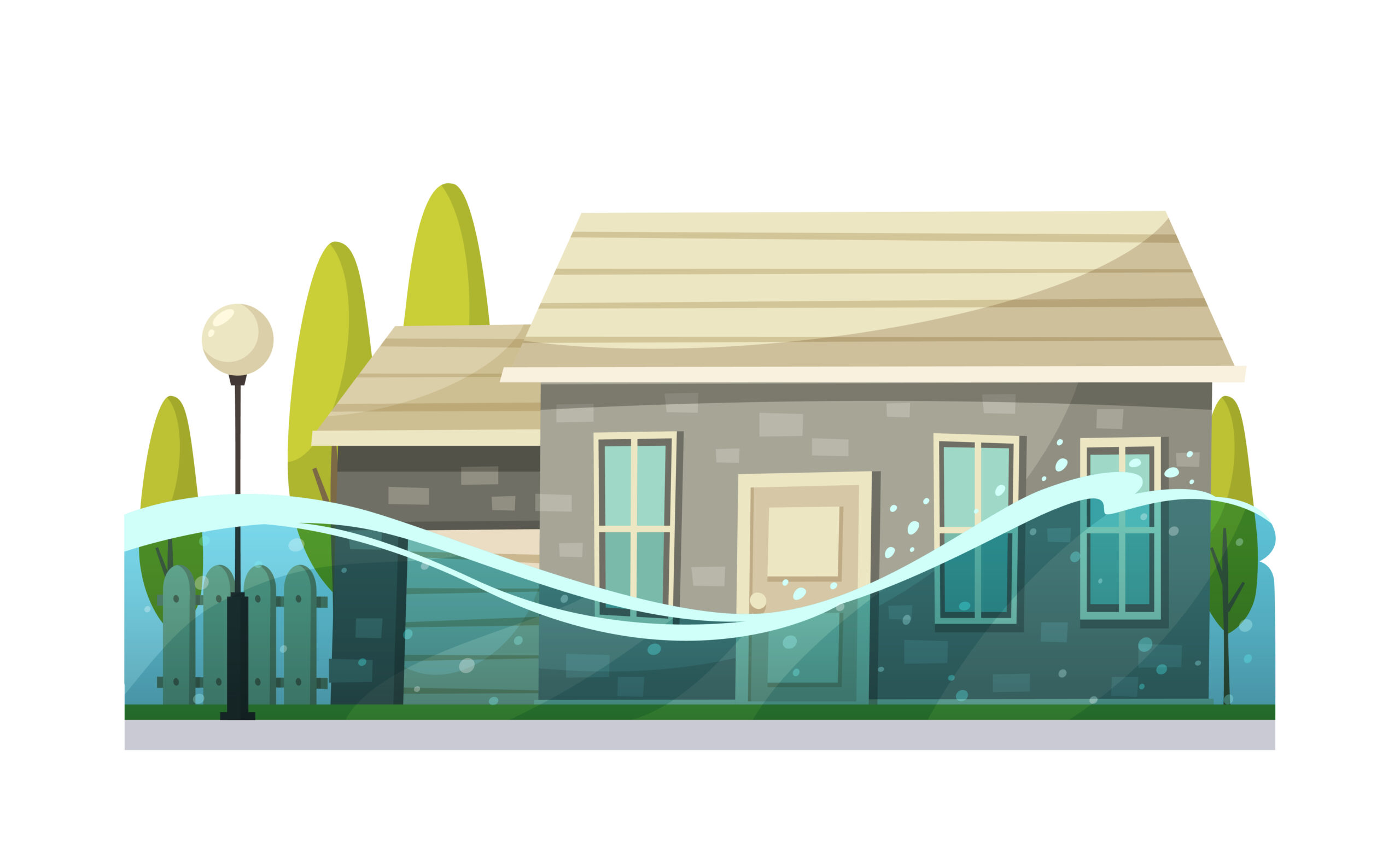What to do about a sore throat: The most likely cause of a sore throat is an infection from a virus like the common cold or the flu.
A sore throat usually goes away on its own in a couple of days or weeks, but it does not mean that you have to put up with the scratchy, raw feeling. Read on to spot the symptoms, know its causes, and first aid remedies for sore throat.
What Is A Sore Throat?
A sore throat refers to the painful, scratchy, or burning sensation in the back of your throat. It occurs when the back of your throat (pharynx) becomes inflamed, making it difficult to swallow.
The most common cause of sore throat is by a virus that usually goes away in 3 to 5 days. While strep throat, on the other hand, is caused by a bacterium called Streptococcus progenies and should be treated with antibiotic medications prescribed by the doctor.
In Australia, where the summer is mostly warm, and the winters are cold, viral sore throats usually peak in the winter and early spring. Viruses are easily spread through droplets in the air from sneezing and coughing. For people with strong immune systems, sore throats usually go away on their own.
The most common symptom of a sore throat in children and adults is throat pain.
Other symptoms may include:
- Cough
- Fever
- Headache
- Inflamed tonsils
- Runny nose
- Scratchy feeling
- Swollen glands
- Vomiting
In severe cases, the person may also experience the following:
- Blood in the phlegm
- Difficulty breathing
- Drooling
- Joint pain
- Swelling or inflammation of the throat
- Rashes
Common Causes Of Sore Throat
In addition to the common cold, other well-known conditions may be causing your sore throat.
Allergies
Allergens are substances that can cause an allergic reaction, where the immune system recognises them as foreign and dangerous. Common causes include pollen, dust, mould, pet dander, plans, and certain food options.
Postnatal drip along with sore throat, runny nose, or red and itchy often occur due to allergies. The excess mucus that drains from the sinuses into the back of the throat can also cause a sore, scratchy throat.
Acid Reflux
Acid reflux is an uncomfortable stomach pain, which is also a common cause of a persistent sore throat. It occurs when the sphincter muscle (lower esophageal sphincter) is unable to close tightly, allowing stomach acid to back up into the esophagus. This will leave you with an uncomfortable feeling and sharp pain in the throat.
Tonsillitis
Chronic sore throat and trouble swallowing may be an indication of tonsillitis.
Tonsils are the two lymph nodes on each side of the back of the throat that serves as a defence mechanism to prevent the body from infection. When these two soft tissues become infected, it is known as tonsillitis.
If you are experiencing difficulty swallowing, a scratchy throat, or yellow and white spots on your tonsils, it is best to see a doctor. These symptoms might indicate a serious problem and can result in a series of complications if not treated properly.
First Aid Treatment And Remedies For Sore Throat
If you are experiencing a painful sore throat, you may be able to find some relief in your first aid kit. Try the following remedies and first aid treatment to relieve sore throat.
Take An Over-The-Counter Medication
Acetaminophen and NSAIDs (Nonsteroidal Anti-Inflammatory Drugs) can help manage cold symptoms, including sore throat. Taking medications such as Ibuprofen and Naproxen helps fight off infections that are causing discomfort. Make sure to follow directions and proper dosage use on the label.
For underlying medical problems or currently taking other medications, check with your doctor first before taking any over-the-counter drugs.
Deal With The Nasal Symptoms
Mucus from the sinuses can drain into the throat, which can add to the pain and soreness. Address the nasal symptoms such as runny nose by taking a decongestant or antihistamine.
If hay fever or pollen allergens are what causing the drip of mucus into the throat, allergy treatments and medication can help ease soreness.
Try A Throat Spray
Over-the-counter throat sprays are designed to help provide temporary relief from sore throat pain by blocking the pain pathway.
Gargling With Salt Water
Salt water may not provide immediate relief, but it can be an effective remedy to kill bacteria while loosening mucus and easing the pain.
For best practice, mix half a teaspoon of sea salt into 8 ounces of warm water and gargle a couple of times a day to relieve sore throat.
Keep The Throat Moist
Drink plenty of fluids to stay hydrated such as warm drinks that can help soothe your throat. Alternatively, you can try broth or herbal with lemon and honey. Avoid caffeinated drinks like coffee and soda, and prevent alcohol use as they can cause dehydration.
Suck on a throat lozenge, crushed ice, ice pop, or a piece of candy to get the saliva flowing.
Get Rest
Getting plenty of rest and quality sleep can help fasten the recovery process. It also gives your immune system a chance to fight the infection and relieve the pain of a sore throat.
Rest and sleep are some of the best things for a sore throat and are an integral part of your body’s natural protection against sickness.
Learn More
Having a persistent sore throat is both uncomfortable and a cause for concern.
Luckily, there are first aid treatments and home remedies to ensure your health is in order. To do this, you need to stay hydrated, eat a well-balanced diet, and engage in exercise for 20 to 30 minutes a day, couple times a week.
Gargle with warm salt water and stay away from smoking. Smoking, or at least exposure to secondhand smoke, can lead to uncomfortable symptoms, including persistent coughs and soreness in the throat.
A chronic sore throat or a sore throat that lingers for a long period of time can be a cause for concern.
To prevent a more serious illness, we recommend you take a first aid course. Visit our course page for a more convenient and comprehensive way to learn first aid.
Get in touch with our team at courses@firstaidpro.com.au for more information.








